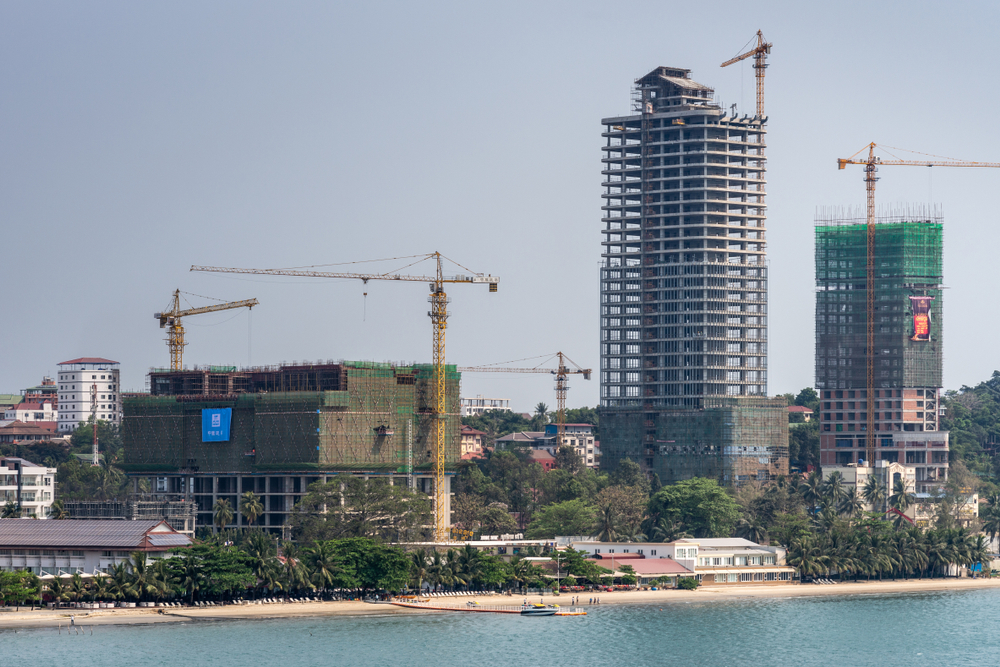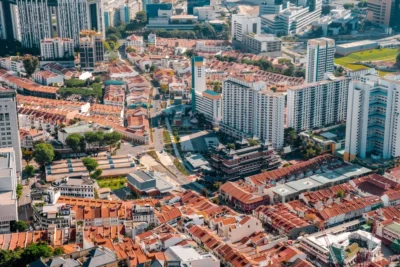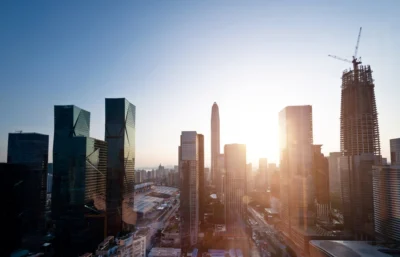Chinese investment in Cambodia reach $860 million in first 11 months of 2020
The kingdom is optimistic about further international investments, especially through the recent trade agreements
According to the Chinese embassy in Phnom Penh, Chinese foreign direct investment in Cambodia hits USD860 million in the first 11 months of 2020, an increase of 70 percent from the same duration back in 2019, reported The Star.
The embassy stated that major Chinese investment projects in Cambodia continued to proceed, despite the impact of the pandemic.
The prime and most costly project listed by the embassy, the construction of the 190 kilometre Phnom Penh-Sihanoukville Expressway, is approximately 39 percent completed.
The expressway is backed by China Road and Bridge Corp (CRBC), with USD1.9 billion in funding, and is booked to complete in early 2023.
According to the ministry, most of the overseas capital was directed to construction, garments, electric and electronic components, and agriculture. Meanwhile, the new Siem Reap International Airport, with its recent terminal building damage, will cost Angkor International Airport Investment (Cambodia) Co Ltd (AIAI) almost USD900 million.
Chiv Sivpheng, general manager at Cambodia Constructors Association, mentioned that the number of Chinese companies investing in Cambodia has gradually increased, driving the construction sector and economic growth.
“Chinese investment in the construction sector has been on the rise, especially in large-scale building construction projects,” he added. “I hope that after COVID-19 ends, more Chinese will come and invest in Cambodia.”
Lim Heng, vice-president at the Cambodia Chamber of Commerce, said that the country’s political stability, peace, and seven percent average annual economic growth have drawn in foreign investors.
More: Overseas investors chase retail properties in Hong Kong’s housing estates
Heng expressed optimism in further overseas capital, particularly with the recent signing of the Cambodia-China Bilateral Free Trade Agreement (CCFTA) and the Regional Comprehensive Economic Partnership (RCEP).
“In recent years, Chinese investors have increased investment in the construction, garment, electric and electronic components, and agro-industries, and I believe there will be further growth through the trade agreements,” Heng concluded.
Recommended
Foreign demand recalibrates in Southeast Asia housing markets
Even amid global headwinds, Southeast Asia’s property markets hold appeal for foreign buyers
Tariffs and turmoil test Singapore homes as suburbs hold firm
Foreign levies, regional wars, and buyer fatigue are putting pressure on the city-state’s housing market
Gulf luxury markets lure global capital amid policy shift
Gulf nations are shaking off a reputation for overt bling to lead a post-pandemic luxury boom
China housing slump deepens as oversupply drags prices
Concerns remain over surplus inventory built by troubled property developers as prices continue to fall across all but a handful of major cities









